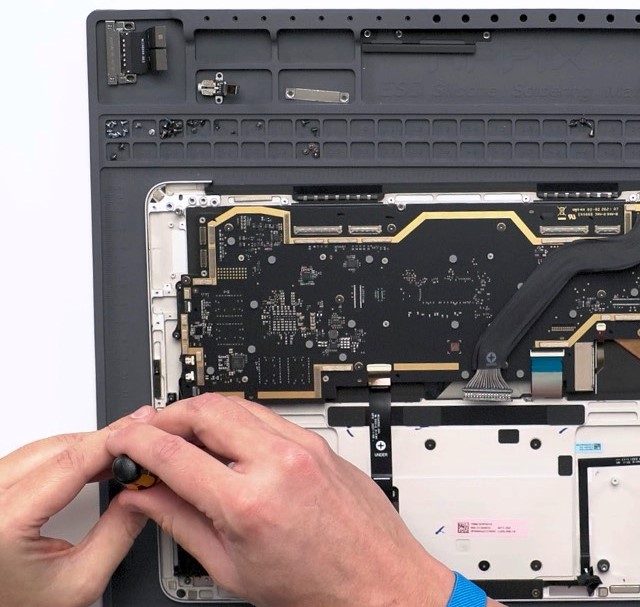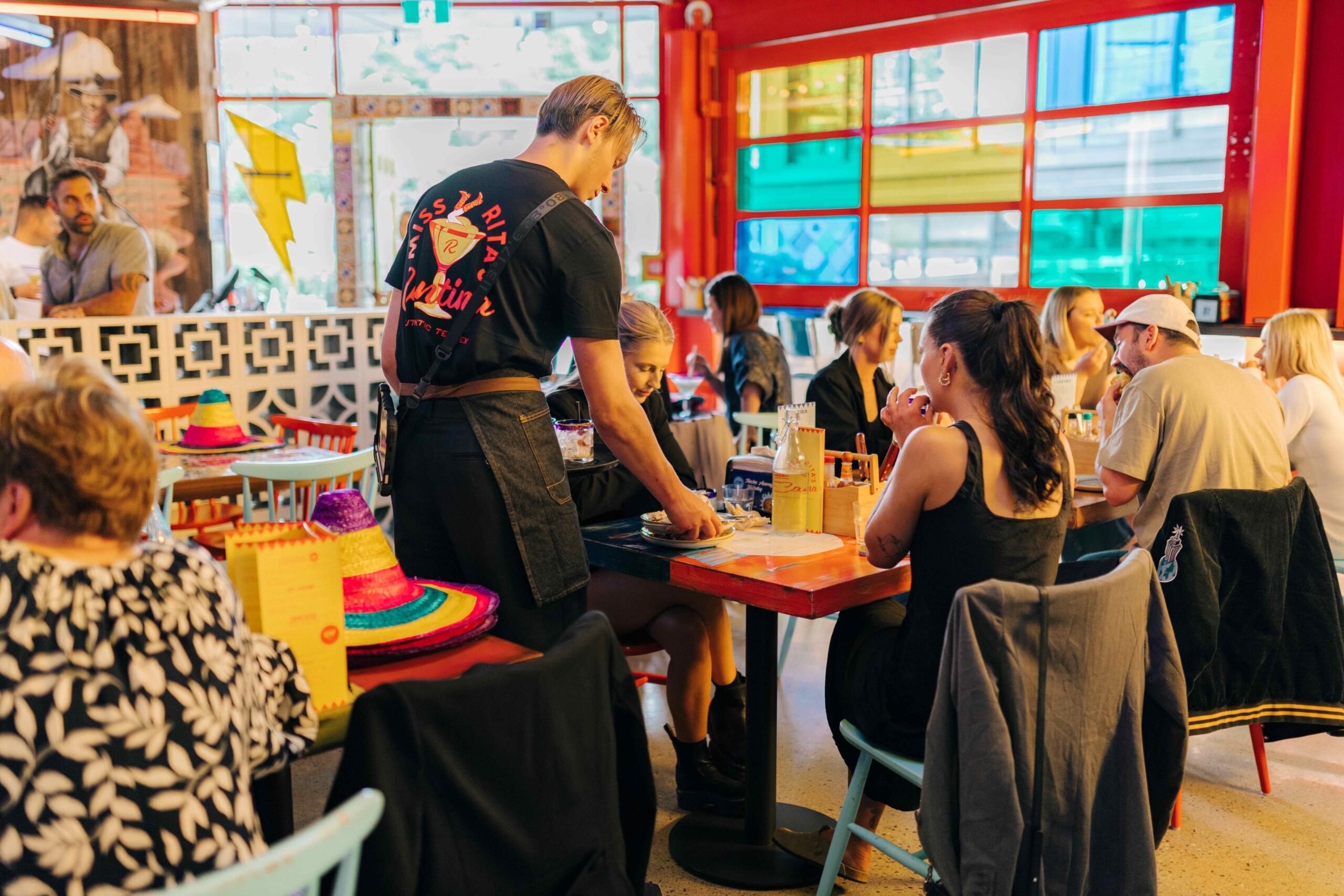Tourism operators embrace technology
New analysis from Business Monitor points to the increasing importance of technology for the country’s largest foreign exchange earner.
With New Zealand’s largest tourism industry conference TRENZ having just closed, new analysis by MYOB points to the increasing importance of technology for the country’s largest foreign exchange earner.
The latest MYOB Business Monitor survey shows that half of the country’s tourism businesses believe technology will significantly change the way they operate in the next 10 years.
MYOB New Zealand general manager Carolyn Luey says tourism is becoming a tech business and it is important for local operators to think about how they can incorporate the latest developments into their operations.
“Technology trends like artificial intelligence and the Internet-of-Things are playing an increasing role in the tourism industry,” says Luey.
“There are numerous examples of operators that are using the latest developments to inform and enhance the customer experience. For example, tourism agencies are using anonymous mobile data and big data analytics to better understand how tourists travel around our country.
“At the same time, tourism businesses are incorporating the latest tech solutions into their back-of-house operations to drive efficiencies and profitability. We’d encourage all businesses to look at how they can best incorporate technology into their operations,” says Luey.
The research also found tourism operators tended to be faster than the general population to take up technology, with 35 percent of respondents describing themselves as “early adopters” or “fast followers” of new trends, compared to 24 percent of other businesses.
Thirty percent say they try or buy new technology products at about the same time as most other people, while 22 percent say they are usually slow or reluctant to try or buy new technology until most other people have it – suggesting there is room for more innovation.
“We’re seeing a shift in how these mid-sized businesses approach their financial management. Many tourism businesses I speak to are looking to solutions to help them do more with less,” says Luey.
One example of a tourism business that is welcoming new technologies is high-end Queenstown resort Millbrook. Finance manager Darren Auld is a big believer in embracing tech to work smarter and faster. He says businesses that do not adapt now run the risk of missing out on opportunities in the future.
“The New Zealand visitor industry is booming with total tourism expenditure reaching $36 billion in the year ended March 2017 – and recently, for the first time ever, Queenstown Airport reached two million visitors in a single calendar year,” says Auld.
Spread across more than 500 acres, Millbrook Resort is comparable to a small town – comprising of luxurious accommodation, a championship world-class golf-course, four restaurants, a day spa as well as a health and fitness centre and property for sale.
Millbrook employs close to 300 people and is investing in additional land to keep up with visitor demand – an expansion that Auld says will be made easier thanks to new tech.
“In the past, we used make do with the systems we had. But as we grew it became apparent we needed a richer set of tools to help us manage our growth – technology that increases productivity and efficiency, while reducing labour costs.”
He says any business that does not learn to make the most of new technologies, or understand their affects, will be left behind – particularly in the local tourism sector.
“The increased benefits from the use of technologies are all around us.”
Carolyn Luey agrees and says it is clear that tech trends will play an increasingly important role in the tourism sector.
“Advances in technologies, like artificial intelligence, mean that programs are now capable of learning on their own. Inputted with a learning algorithm, they trawl millions of data points to draw conclusions on what works and what doesn’t.
“It means businesses can ask themselves: ‘How can our people add value where technology can’t?’”.






